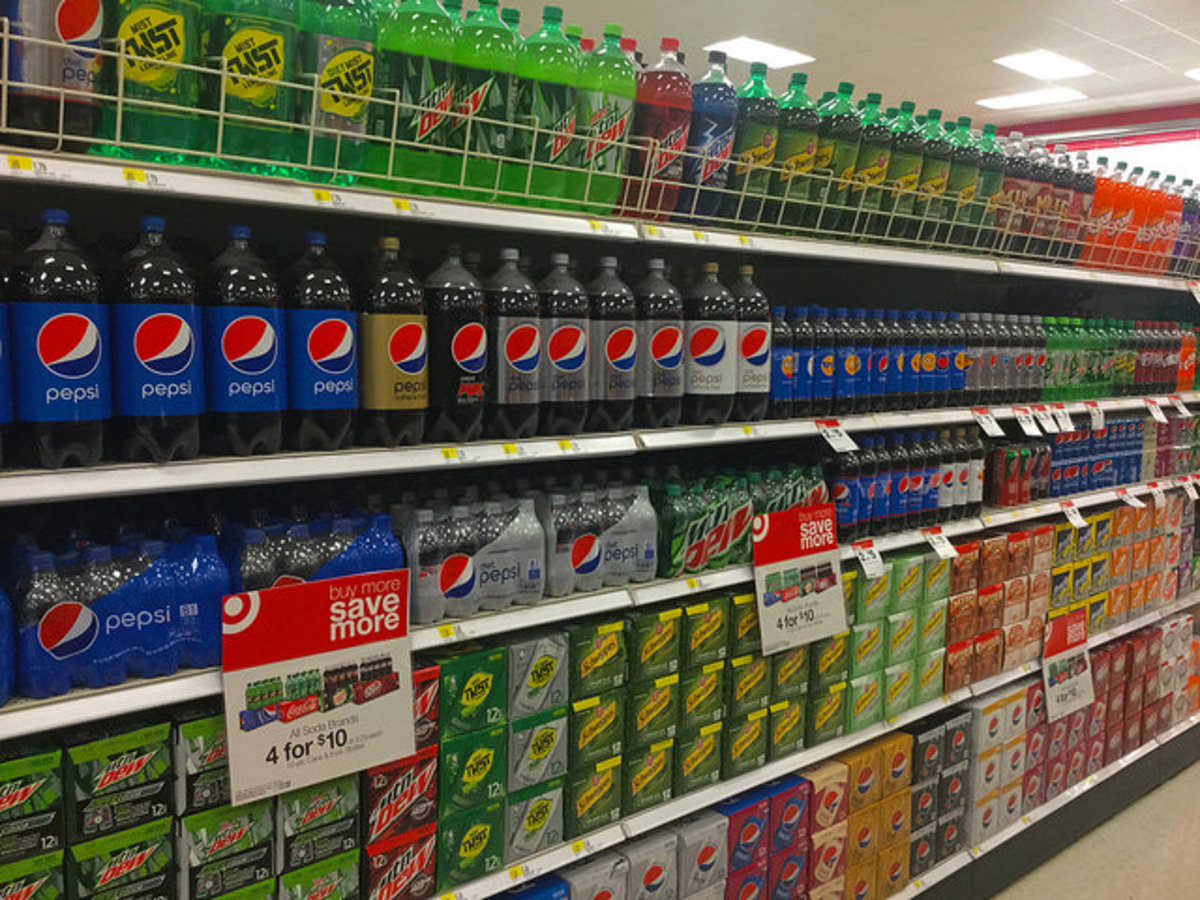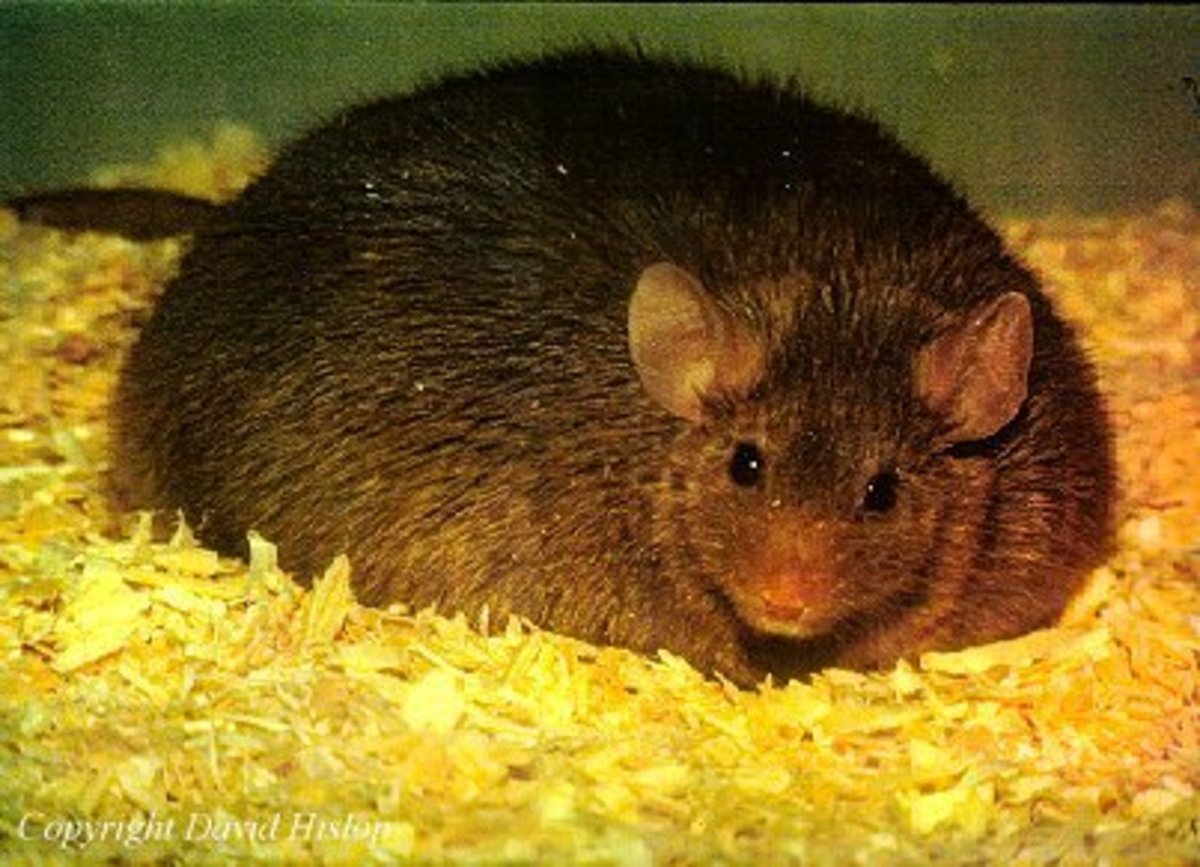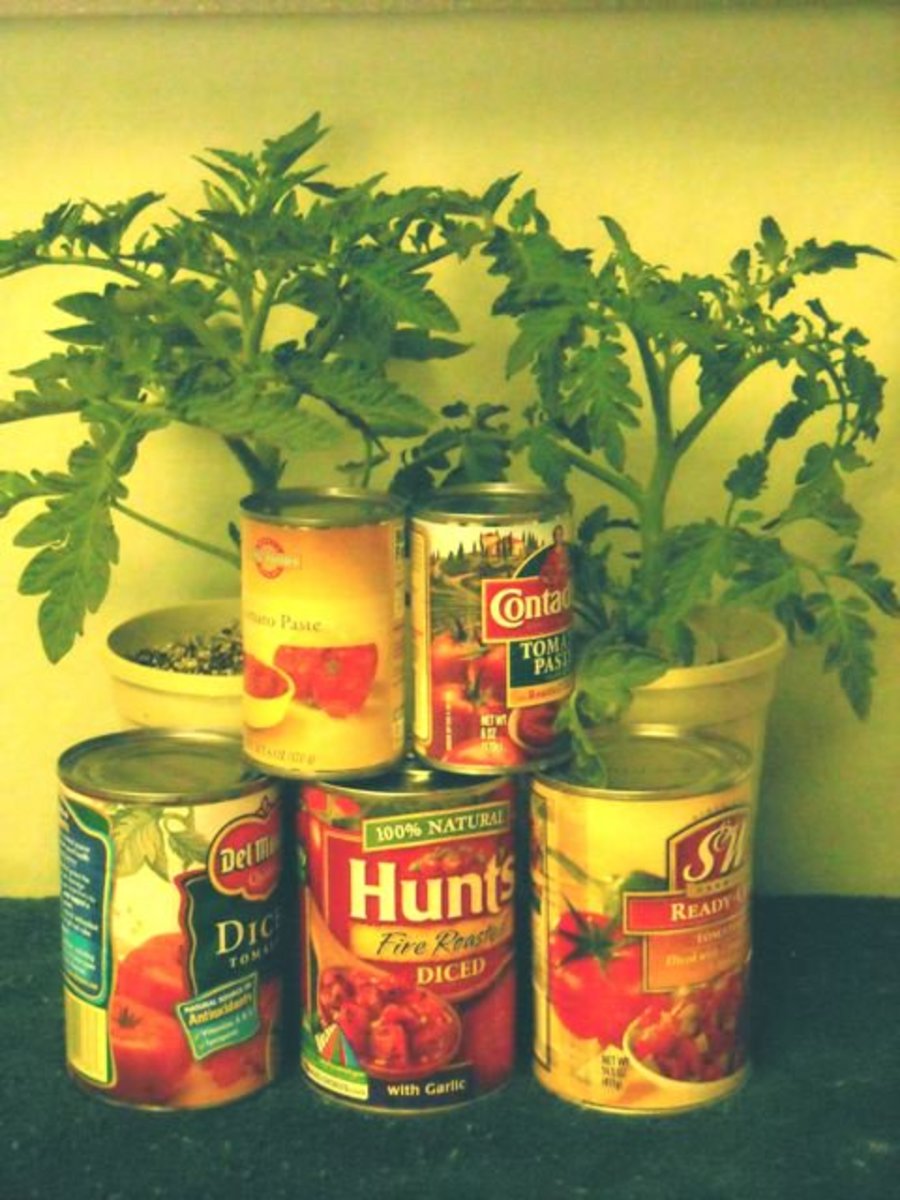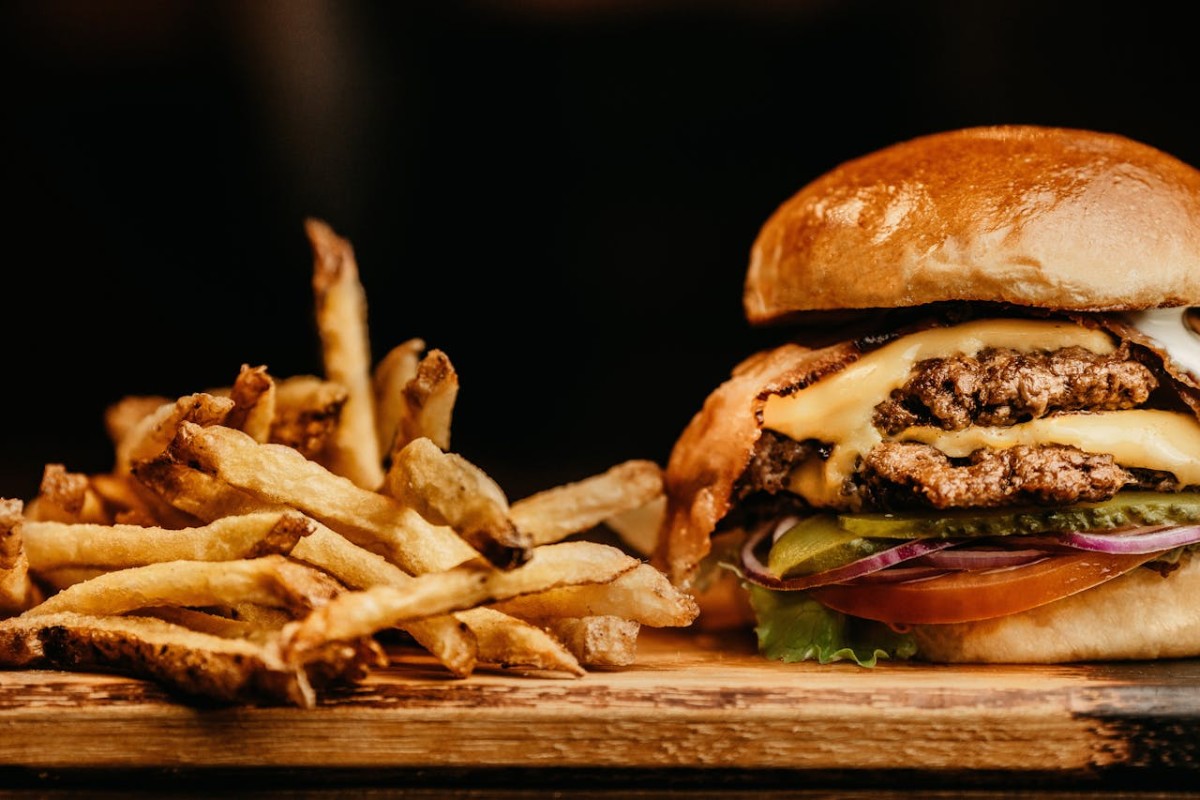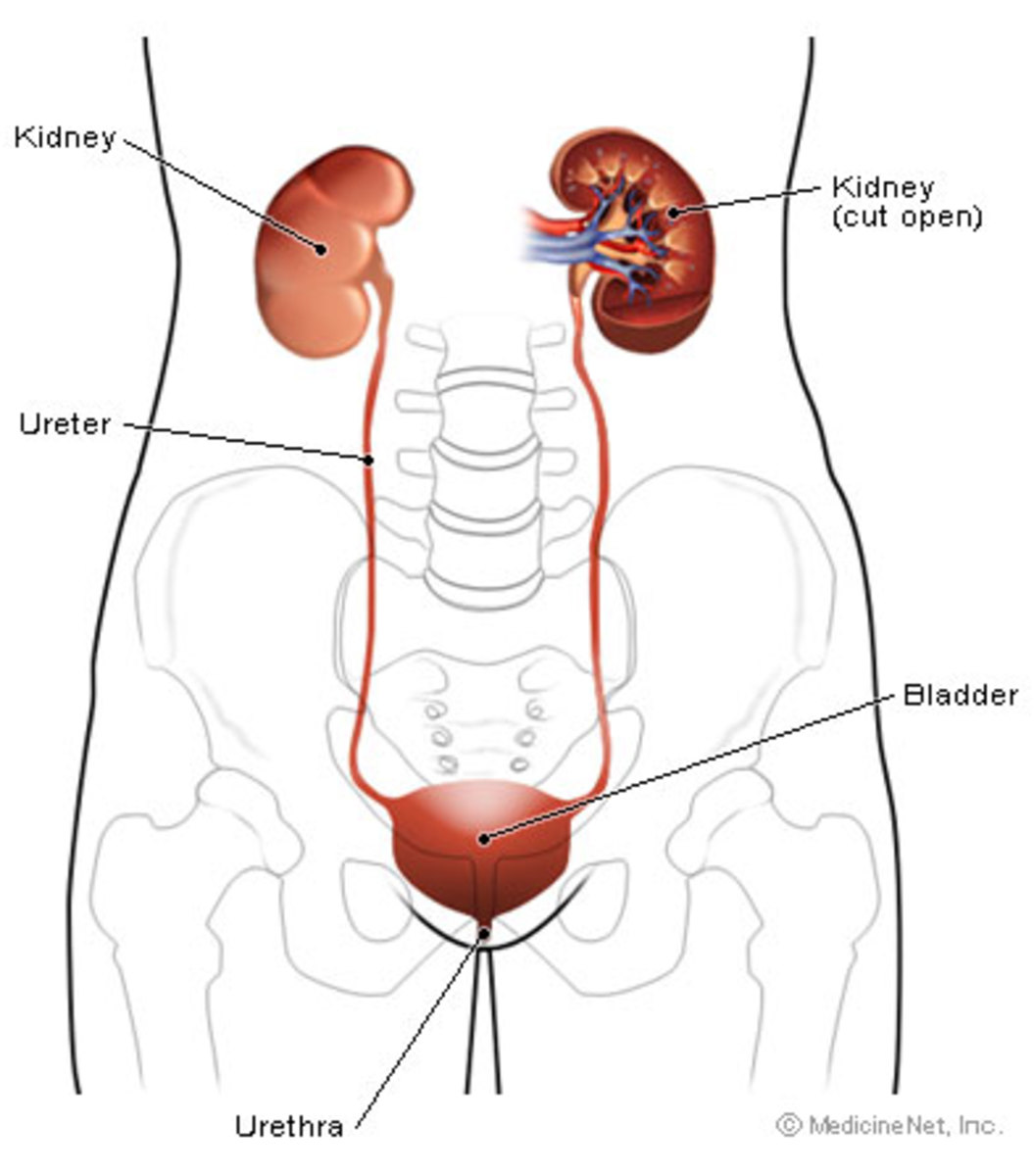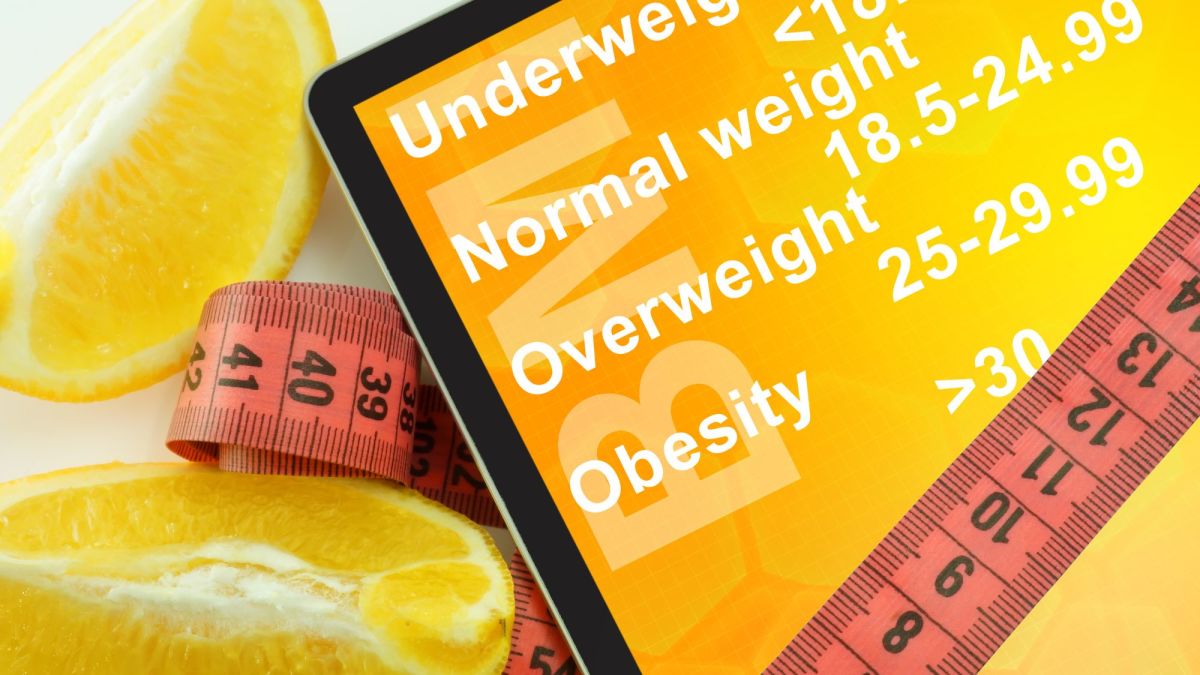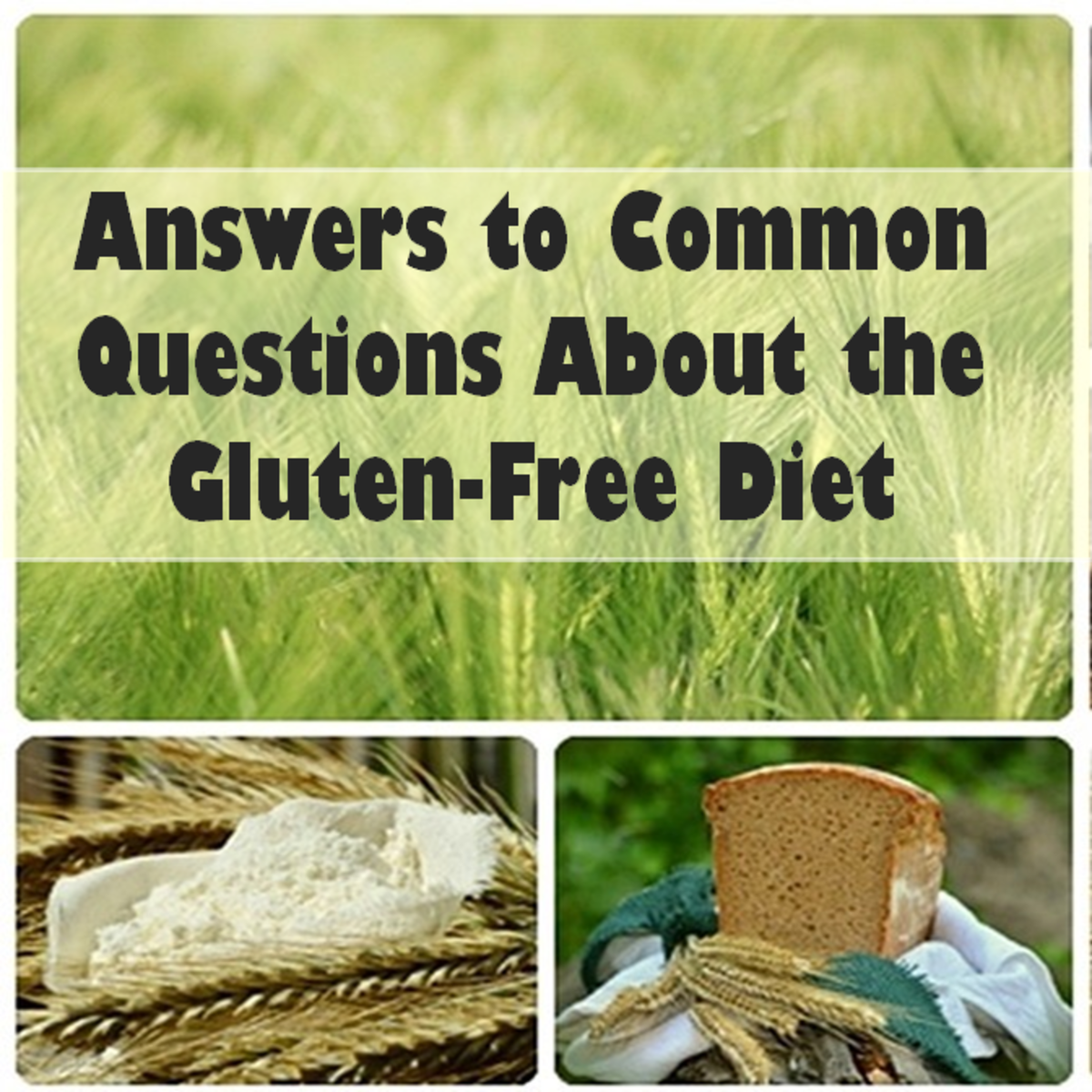Avoiding High Fructose Corn Syrup in Your Diet
About the Author
Abby Campbell, BSc, SFN, SSN, CPT, is a leading professional fitness and nutrition expert, researcher, and published author of One Size Does NOT Fit All Diet Plan, one of Amazon's Top Gluten-Free and Weight Loss Diets. (You may read more about Abby at the bottom of this article.)
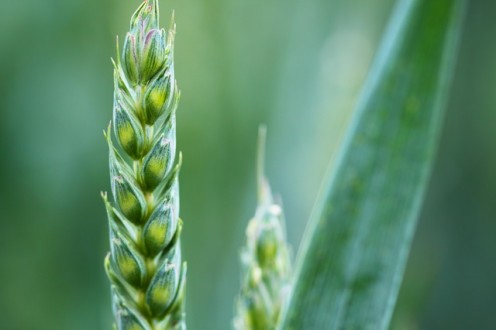
Why Preservatives and Additives in Food Like HFCS Are Bad For You
Preservatives and additives in food would seem reasonable, especially with pre-packaged foods that have long shelf lives. As consumers, we want to make sure we are not harming our health by eating foods that are spoiled or contaminated. Preservatives and additives can also enhance the taste of pre-packaged foods. So, how can we go wrong with them?
Unfortunately, manufacturers are now putting certain ingredients into their food products to make you not only enjoy the taste but to addict you. Why on earth would they do that? As with all business ventures, they want to keep your business for profit. Some of the most addictive ingredients they use are refined sugar, monosodium glutamate (MSG), aspartame, and high fructose corn syrup (HFCS). You may even see or hear advertisements on television or radio defending some of these products. HFCS is one of them. Let's take a brief look at how HFCS is processed, why it is dangerous and addictive to your health, as well as how you can avoid the substance in your diet.
What is High Fructose Corn Syrup (HFCS)?
A few decades ago, the primary sweetener used by food manufacturers was table sugar. In the 1970s, Japanese scientists discovered the conversion process of corn starch and turned it into an alternative sweetener now known as high fructose corn syrup (HFCS).1 Because imported sugar became prohibitively expensive, food manufacturers producing pre-packaged and processed foods in the United States began using HFCS as it was much cheaper (especially since most of the corn industry is subsidized by the United States government).
To produce HFCS, corn is first milled to produce corn starch. The starch from the corn is then processed into a corn syrup which is almost entirely glucose, a simple sugar. Enzymes are then added to convert some of this glucose into fructose, another form of sugar which is naturally found in fruit. This may sound healthy to some; however, the process to make HFCS is quite complex and highly processed. In fact, the enzymes to produce HFCS are derived from bacteria and fungus. The end product is genetically modified and unnatural.
High Fructose Corn Syrup Addiction
High fructose corn syrup (HFCS) is one of the most addictive and harmful substances you can put into your body. In fact, new research show that this substance is even more addictive than cocaine due to its cross-tolerance and cross-dependence between it and addictive drugs. This is due to the sweet receptors you carry on your tongues and its inability to adapt to the high consumption of HFCS. When these receptors are greatly stimulated by high intake, your brain is generated with reward signals (making you feel good) that have the potential to rescind normal self-control mechanisms. Your brain won't give your body the signal that it is satiated and it will therefore want more. This leads to addiction.7
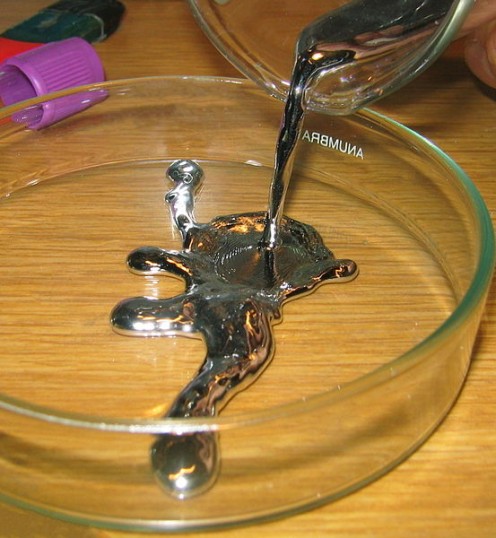
High Fructose Corn Syrup Dangers
While fructose in fruit is natural, it is also combined with a multitude of nutrients and fiber. This allows blood sugar levels to be raised naturally and provides stability to the body. However, the ratio of glucose and fructose in HFCS is much different. In fact, no digestion is required after HFCS consumption.2 With no digestion, it is rapidly absorbed by the bloodstream. The glucose spikes insulin levels while the fructose goes directly to the liver. This causes lipogenesis as well as Leaky Gut Syndrome. In addition, mercury poisoning may occur with HFCS intake.
Lipogenesis is the metabolic formation of fat, raising both triglycerides and cholesterol levels within the body.3 In turn, this causes damage to the liver called steatosis, or fatty liver disease. When the fats cannot be broken down by the liver as it is supposed to do, other diseases may form within the body such as diabetes, obesity, dyslipidemi, and hypertension.
Leaky Gut Syndrome is a condition that alters and damages the intestinal and bowel lining.4 Bodily inflammation then occurs which then contributes to other conditions: cravings, weight gain, metabolic disturbance, and diabetes. Heart disease, cancer, and dementia are also diseases that can form from a leaky gut.
Mercury Poisoning is a condition caused by mercury exposure.5 Symptoms include sensory impairment (i.e., vision, hearing, and speech), sensation disturbance, and lack of coordination. Damage to the brain, kidney, and lungs may also occur from toxicity. HFCS is processed with toxic levels of this mercury contaminant and is not regulated by the United States Food and Drug Administration (FDA).6
Even if HFCS didn't carry these dangers, it is still calorie dense with little nutrition value. This combination will only lead to cravings, weight gain, and health problems. Therefore, it is best to avoid HFCS.
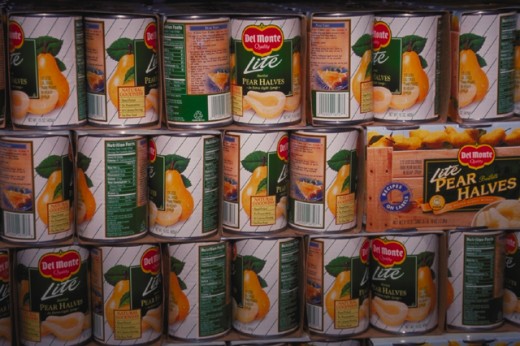
Other Names for High Fructose Corn Syrup
According to NPD Group, a market research firm, Americans are losing faith in pre-packaged foods at supermarkets. In fact, they report that 58 percent of Americans have some level of concern about HFCS.8 To improve the image of HFCS, the Corn Refiners Association is trying to improve its image.9 Therefore, they have petitioned the United States FDA to call it another name:
- corn sugar
The following names are equivalent to HFCS as well10:
- glucose/fructose (Canadian)
- glucose/fructose syrup (European)
- high fructose maize syrup (other countries)
Foods With High Fructose Corn Syrup
Most pre-packaged and processed foods will contain some form of additives, many of which will include HFCS. You may want to check food labels when you are shopping to make sure you are avoiding this substance:
- Regular soft drinks
- Fruit juices that are not 100% juice
- Canned fruit
- Yogurts, especially those that are flavored
- Frozen yogurts
- Popsicles
- Breakfast cereals
- Granola bars
- Pancake syrups
- Canned soups
- Canned sauces (i.e., spaghetti, marinara, pasta)
- Condiments (i.e., ketchup, barbeque sauce, etc.)
Are You Concerned with High Fructose Corn Syrup?
Conclusion
By doing away with food additives, especially HCFS, you will find yourself feeling better. However, you will be doing yourself a huge favor as your body will be healthier. Other natural sweeteners are available such as Stevia, a natural herb. You won't regret it making the switch.

Tell Use What You Think
You're reading "Avoiding High Fructose Corn Syrup" by Abby Campbell. Please leave a comment and tell us what you think below. Then share the article with your family and friends. You may even share on Facebook, Twitter, or Pinterest (buttons to your right).


About the author
Abby Campbell, BSc, SFN, SSN, CPT, is a leading professional fitness and nutrition expert, researcher, and published author. For the past 10 years, she has coached thousands of women locally and online to lose body fat and lead healthy lifestyles. Her clients have lost thousands of pounds, reclaimed health, and call her “Coach No Gimmick.” She is from Northern Virginia but now resides near Charlotte, North Carolina. Abby has been married for 20 years and has three grown daughters, one of which is autistic. She is a 19 year cancer survivor.
Enjoy my other hubs!
- How to Lose Weight Healthily and Safely
Your brain may be smarter than you think. See why it triggers weight loss plateau and a slow metabolism by one-size-fits-all weight loss plans. - How to Eat a Good Diet
Eating a good diet will boost your metabolism and even help you overcome a weight loss plateau if needed. Learn how to plan a good diet, whether it be for maintenance or weight loss.

References
[1] High Fructose Corn Syrup. (2013, March 3). Wikipedia. Retrieved from http://en.wikipedia.org/wiki/High_fructose_corn_syrup.
[2] Hyman, M. (Producer). Mark's Minute - High Fructose Corn Syrup is Poison: Reason #1. (2012, February). Retrieved from http://www.youtube.com/watch?v=E57QmRxNHRc.
[3] What Is Lipogenesis? (2013). Retrieved from http://www.wisegeek.com/what-is-lipogenesis.htm.
[4] McMillan, M. Defining Leaky Gut Syndrome: What Is It? (2013). Retrieved from http://www.webmd.com/digestive-disorders/features/leaky-gut-syndrome.
[5] Mercury Poisoning. (2013). Retrieved from http://www.medicinenet.com/mercury_poisoning/article.htm.
[6] Hyman, M. (Producer). Mark's Minute - High Fructose Corn Syrup is Poison: Reason #2. (2012, February). Retrieved from http://www.youtube.com/watch?v=EtjaP65MpqM.
[7] Sievenpiper, J.S., deSouza, R.J., & Mirrahimi, A., et al. (2012, February 21). Effect of Fructose on Body Weight in Controlled Feed Trials: A Systematic Review and Meta-Analysis. Annals of Internal Medicine, 156(4), 291-304. Retrieved from http://annals.org/article.aspx?articleid=1132642.
[8] NPD Finds Most Americans Agree Foods From Supermarkets Are Safe But Percentage Is Slipping. (2009, March 30). Retrieved from https://www.npd.com/wps/portal/npd/us/news/press-releases/pr_090330/.
[9] Parker-Pope, Tara. A New Name for High-Fructose Corn Syrup. (2010, September 14). Retrieved from http://well.blogs.nytimes.com/2010/09/14/a-new-name-for-high-fructose-corn-syrup/.
[10] High Fructose Corn Syrup. (2013, March 3). Wikipedia. Retrieved from http://en.wikipedia.org/wiki/High_fructose_corn_syrup.

